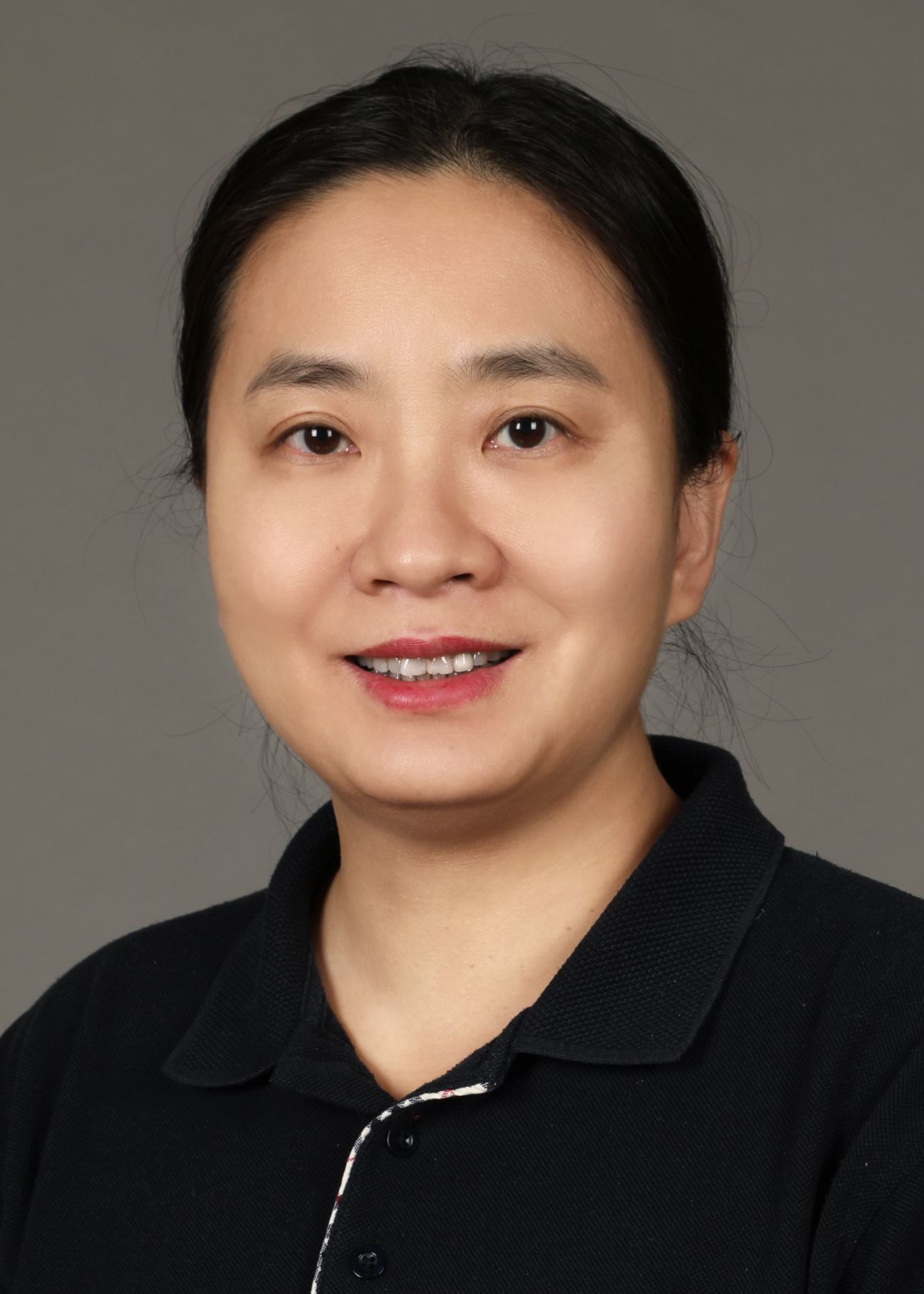
正在更新中...
"葛微教授本科毕业于北京师范大学化学系,2005年取得牛津大学有机化学博士学位,师从Professor Sir Jack E. Baldwin。2005-2012年在牛津大学Professor Christopher J. Schofield课题组进行博士后研究。2013年回国后被聘为中国医学科学院基础医学研究所免疫系教授,博士生导师,获“协和学者”称号。 葛微教授研究方向是基于中国人脑的神经退行性疾病的神经免疫机制研究和结直肠癌发生发展的免疫应答分子机制研究,以通讯作者在 Nature Communications,Alzheimer’s & Dementia,Advanced Science,Cell Reports 等期刊发表论文80篇,授权国际发明专利3项。主持国家自然科学基金面上项目2项及诺和诺德英才基金1项,作为研究骨干参与国家自然科学基金2项及医学与健康科技创新工程课题2项。 在人才培养方面,课题组培养博士后4名,研究生20名,其中7人次获得国家奖学金,4人次被评为北京市优秀毕业生。1人获得博新计划资助,1人入选国家资助博士后计划,1人入选香江学者,1人入选协和青年学者。学生获得校内基金8项。"
1. Wang, X., Wang, J., Chen, Y., Qian, X., Luo, S., Wang, X., Ma, C., & Ge, W. (2024). The aldehyde dehydrogenase 2 rs671 variant enhances amyloid β pathology. Nature communications, 15(1), 2594. https://doi.org/10.1038/s41467-024-46899-0
2. Liu, H., Li, J., Wang, X., Luo, S., Luo, D., Ge, W., & Ma, C. (2024). Profiling of long non-coding RNAs in hippocampal-entorhinal system subfields: impact of RN7SL1 on neuroimmune response modulation in Alzheimer's disease. Journal of neuroinflammation, 21(1), 84. https://doi.org/10.1186/s12974-024-03083-x
3. Wang, J. Y., Li, J. Y., Luo, D., Huang, M. Y., Ao, D. H., Liu, X. N., Wang, X., Ge, W., & Zhu, Y. C. (2023). Extracellular Vesicles Play a Central Role in Cerebral Venous Disease-Associated Brain Atrophy. Advanced science (Weinheim, Baden-Wurttemberg, Germany), 10(27), e2301574. https://doi.org/10.1002/advs.202301574
4. Luo, D., Li, J., Liu, H., Wang, J., Xia, Y., Qiu, W., Wang, N., Wang, X., Wang, X., Ma, C., & Ge, W. (2023). Integrative Transcriptomic Analyses of Hippocampal-Entorhinal System Subfields Identify Key Regulators in Alzheimer's Disease. Advanced science (Weinheim, Baden-Wurttemberg, Germany), 10(22), e2300876. https://doi.org/10.1002/advs.202300876
5. Pan, M., Xiao, T., Xu, L., Xie, Y., & Ge, W. (2023). UTP18-mediated p21 mRNA instability drives adenoma-carcinoma progression in colorectal cancer. Cell reports, 42(5), 112423. https://doi.org/10.1016/j.celrep.2023.112423
6. Liu, H., Xie, Y., Wang, X., Abboud, M. I., Ma, C., Ge, W., & Schofield, C. J. (2022). Exploring links between 2-oxoglutarate-dependent oxygenases and Alzheimer's disease. Alzheimer's & dementia : the journal of the Alzheimer's Association, 18(12), 2637–2668. https://doi.org/10.1002/alz.12733
7. Wang, X., Han, C., Jia, Y., Wang, J., Ge, W., & Duan, L. (2021). Proteomic Profiling of Exosomes From Hemorrhagic Moyamoya Disease and Dysfunction of Mitochondria in Endothelial Cells. Stroke, 52(10), 3351–3361. https://doi.org/10.1161/STROKEAHA.120.032297
8. Zhang, P., Zhang, Y., Pan, M., Liu, Z., Li, J., Peng, L., Zhou, J., Hu, C., Liu, S., Zeng, X., Ge, W., & Zhang, W. (2021). Proteomic analyses of plasma-derived exosomes in immunoglobulin (Ig) G4-related disease and their potential roles in B cell differentiation and tissue damage. Journal of autoimmunity, 122, 102650. https://doi.org/10.1016/j.jaut.2021.102650
9. Zhong, M. E., Chen, Y., Xiao, Y., Xu, L., Zhang, G., Lu, J., Qiu, H., Ge, W., & Wu, B. (2019). Serum extracellular vesicles contain SPARC and LRG1 as biomarkers of colon cancer and differ by tumour primary location. EBioMedicine, 50, 211–223. https://doi.org/10.1016/j.ebiom.2019.11.003
10. Xiong, F., Ge, W., & Ma, C. (2019). Quantitative proteomics reveals distinct composition of amyloid plaques in Alzheimer's disease. Alzheimer's & dementia : the journal of the Alzheimer's Association, 15(3), 429–440. https://doi.org/10.1016/j.jalz.2018.10.006
正在更新中...